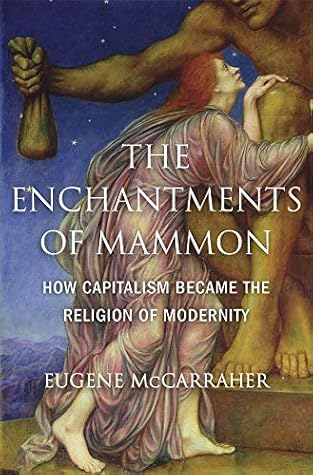Since Protestant theology and enchantment was the reigning religious culture of seventeenth-century England, “improvement” required the sanction and discipline of God. Echoing older Catholic warnings against avarice, Puritan ministers admonished merchants, artisans, “improving” landowners and tenants, and others for whom thrift and diligence were cardinal virtues in the newly competitive society of Stuart England.
Welcome back. Just a moment while we sign you in to your Goodreads account.


